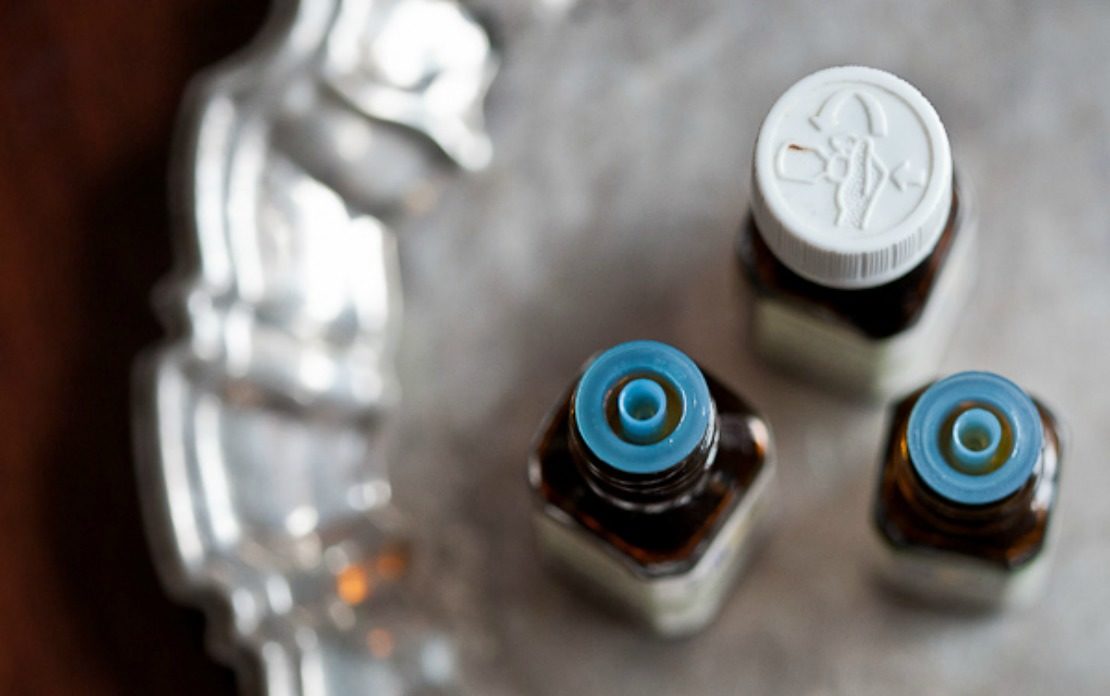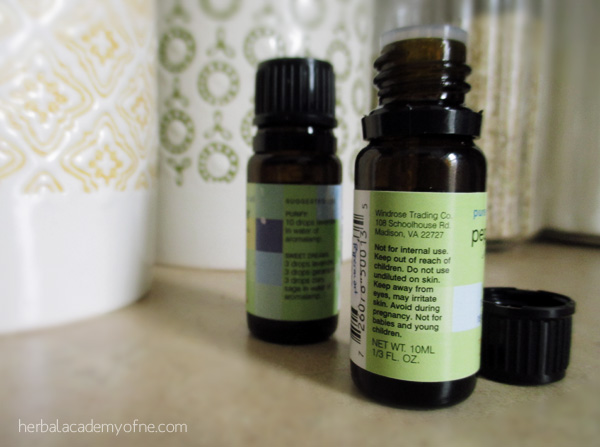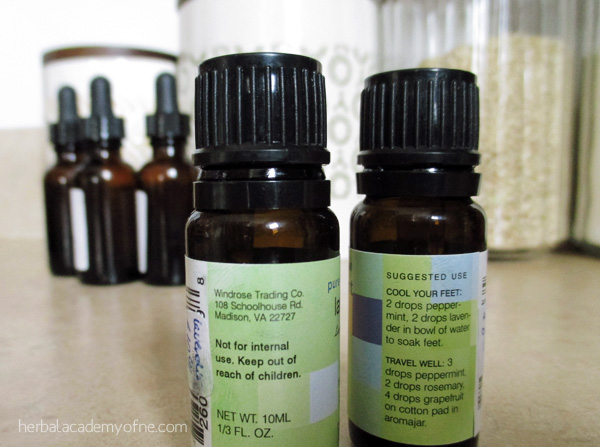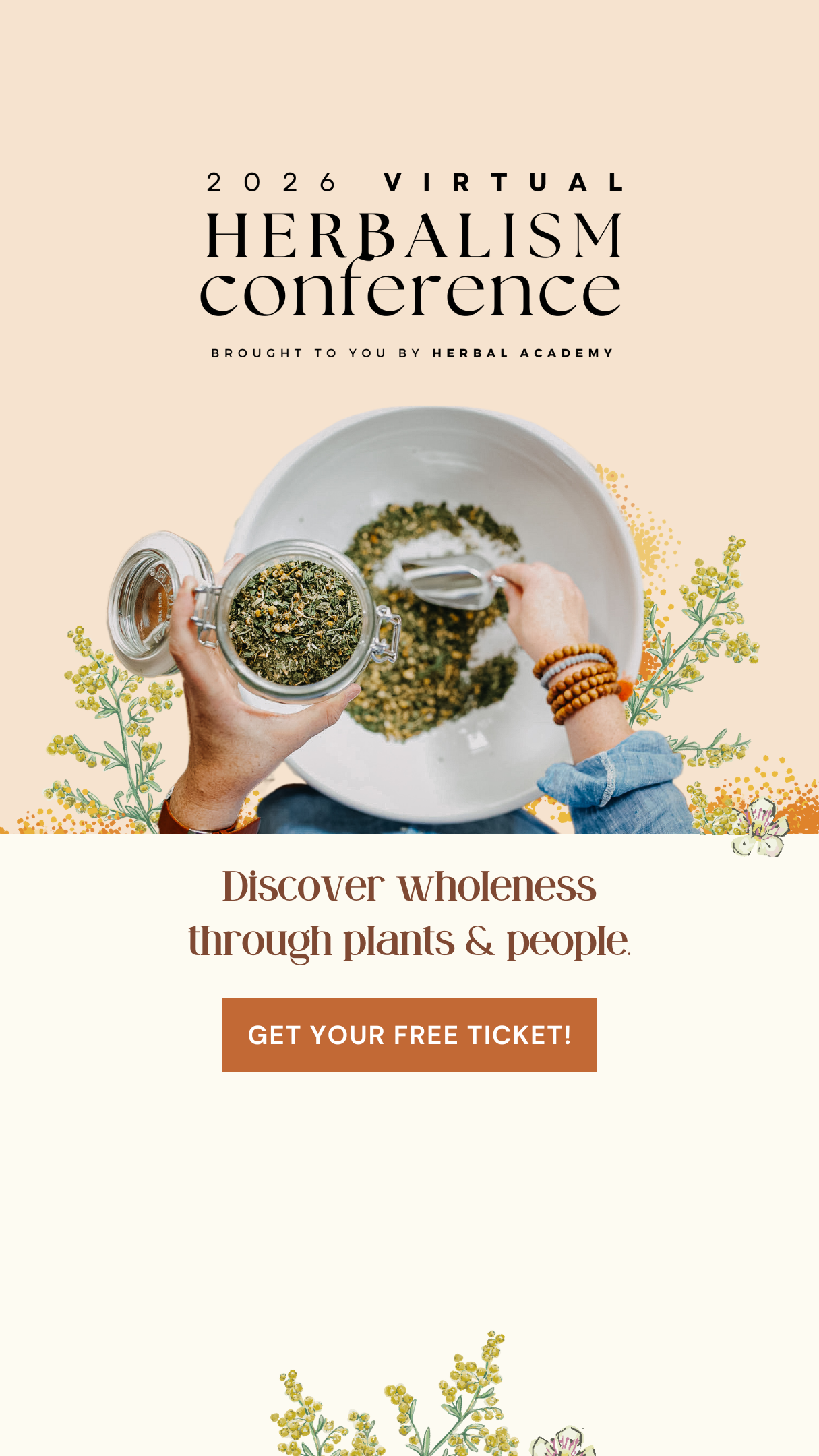
Essential Oils for Anxiety and Stress Support
What Are Essential Oils?
The sweetness of rose, the fresh greenness of pine, and the tangy fruitiness of orange: these scents are caused by unique aromatic chemicals that help attract or repel insects, play roles in the plant’s immune system, and perform other functions not yet known. Thousands of years ago, humans figured out how to capture these aromatic volatile compounds and concentrate them into what are now called essential oils. Aromatherapists use essential oils for anxiety and stress support and for a host of other purposes, as well as simply the enjoyment of their delightful and beautiful aromas.
What is Stress, Anyway?
Stress is a normal part of being alive. Our bodies constantly experience tension as it works to maintain homeostasis. When the body cannot maintain homeostasis, we become aware of how stress affects us physically, in particular our nervous system.
When your nervous system perceives a threat, such as a potentially nerve-wracking circumstance like public speaking, the sympathetic nervous system becomes activated. Within minutes, your adrenal glands receive signals to release norepinephrine and epinephrine (also known as adrenaline), hormones that trigger the well-known fight-or-flight response.
During fight-or-flight, capillaries narrow, which increases blood pressure and heart rate. Digestive grinds to a halt, lung capacity increases, and cortisol and other hormones are secreted. Because almost every tissue has receptors for cortisol, stress feels like a whole body experience!
How can essential oils help when we’re feeling stressed out and anxious? Most of you know how the faintest whiff of freshly baked chocolate chip cookies or your grandmother’s perfume can trigger strong emotional reactions and resurrect memories of events long in our past. When the nose picks up a scent, olfactory nerves send signals directly to the emotional part of your brain. It is through this pathway that essential oils may help mitigate the brain’s perceptions of stress and anxiety. Below we list a few of our favorite essential oils for stress support.

Essential Oils for Anxiety and Stress Support
Lavender
Sweet and floral, lavender essential oil is typically used when stress causes the body to seize up with tension, and when anxiety leads to sleeping troubles. Its soothing scent can be enjoyed in baths and massage oils, or combined with water in a spray bottle and misted onto your pillow. Lavender is also used by practitioners to help ease tension headaches.
The scent of lavender essential oil has been shown to reduce headaches in 74% of sufferers studied in a placebo-controlled clinical trial. (Sasannejad, 2012). Another 2012 study examined the physiological effect of lavender oil on 20 volunteers and found that lavender essential oil caused significant decreases of blood pressure, heart rate, and skin temperature, changes which indicate decreases in autonomic arousal. (Sayorwan, 2012)
Ylang-ylang
A tall, graceful evergreen with a funny name, ylang-ylang is often used by aromatherapists for stress and anxiety as well as depression and anger. We find it’s best used sparingly or blended with other EOs because in excess its super-sweet floral notes can be a little heady (and cause headaches!).
While not studied extensively yet, ylang-ylang has been found to have sedative effects, helping to reduce heart rate and blood pressure (Jung, 2013).
Sweet Orange
Just like the fruit, the essential oil of orange has a brightly cheerful and mood-lifting scent. Other citrus essential oils like grapefruit and lemon are also frequently used for their mood-brightening properties. There are conflicting opinions about the phototoxicity of orange and other citrus EOs, so for safety’s sake, we suggest using them in a diffuser or enjoying in the shade. It’s also a good idea to check your sunblock to make sure it doesn’t contain citrus (Kejlová, 2010).
A 2012 study of 40 volunteers determined that while more studies were needed, psychological and physiological results of sweet orange oil use indicate “an acute anxiolytic [anti-anxiety] activity of sweet orange aroma” (Goes, 2012).
How to Use and Choose Essential Oils
Because of their concentrated nature, we recommend diluting essential oils in carrier oils like almond, sesame, olive, and jojoba before applying topically. Typical dilution for adult use is 12 drops of essential oil to each fluid ounce (30 mL) of oil, lotion, or nut/seed butter. Essential oils can also be used in aromatherapy diffusers.
Not all essential oils can be used topically—please check labels before using. Their inherent volatility and concentration may cause sensitizing or dermatitis in some people, so it’s always best to conduct a patch test first with your oil dilution and avoid contact with eyes and mucous membranes.
Pregnant women, children, and those with medical conditions should check in with a health practitioner before using essential oils. There are some essential oils that should not be used by pregnant women. And until more clinical safety data have been established for internal use, we only apply essential oils topically here at the Academy; some of them are extremely toxic when consumed.
There is no official grading system for essential oils. We suggest seeking out quality essential oils that have not been extracted with solvents and are labeled “100% pure” to avoid additives or other unknown ingredients.
As part of our mission to encourage consciousness when choosing plant products, we encourage you to support responsible suppliers who implement sustainability measures, including ecologically-friendly harvesting and organic growing methods. Some of the world’s most precious plants are threatened, partly because of overuse by the essential oil industry. In particular, we suggest avoiding essential oils from species that are endangered, including rosewood, sandalwood (Indian), and frankincense.
If you are interested in studying herbalism, start your journey in the Online Intermediate Herbal Course. Learn more about herbs and how to use them to support health and as food!
REFERENCES
Goes TC, Antunes FD, Alves PB, Teixeira-Silva F. (2012) Effect of sweet orange aroma on experimental anxiety in humans. J Altern Complement Med. 2012 Aug;18(8):798-804.
Jung DJ, Cha JY, Kim SE, Ko IG, Jee YS. (2013) Effects of Ylang-Ylang aroma on blood pressure and heart rate in healthy men. J Exerc Rehabil. Apr;9(2):250-5.
Kejlová K1, Jírová D, Bendová H, Gajdoš P, Kolá?ová H. (2010) Phototoxicity of essential oils intended for cosmetic use. Toxicol In Vitro. Dec;24(8):2084-9.
Sasannejad P, Saeedi M, Shoeibi A, Gorji A, Abbasi M, Foroughipour M. (2012) Lavender essential oil in the treatment of migraine headache: a placebo-controlled clinical trial. Eur Neurol. 2012;67(5):288-91.
Sayorwan W, Siripornpanich V, Piriyapunyaporn T, Hongratanaworakit T, Kotchabhakdi N, Ruangrungsi N. (2012) The effects of lavender oil inhalation on emotional states, autonomic nervous system, and brain electrical activity. J Med Assoc Thai. Apr;95(4):598-606.








